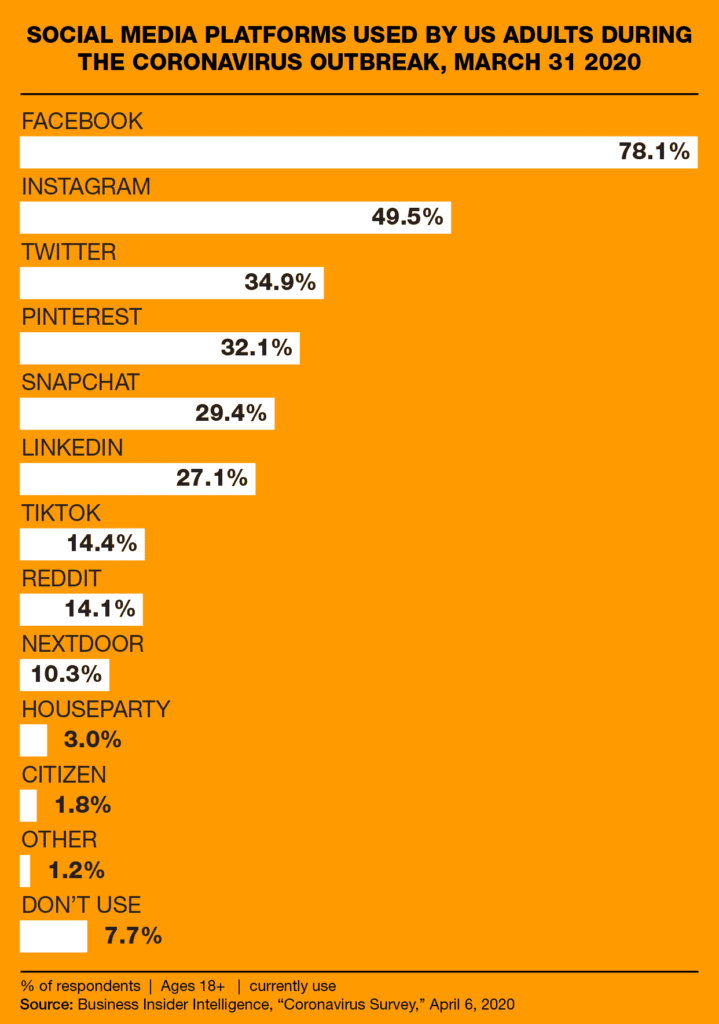The COVID-19 pandemic has produced an unexpected treasure-trove of marketing data. And opportunity.
Building Product Brand market watchers have anticipated that this moment is a golden opportunity to interact and engage with a captive, largely homebound audience. This is not without reason – indicators show that COVID-19 is driving a quadruple increase in audio consumption, a 1.5-times rise in video engagement and a 26-percent total uptick in Internet usage. Yet, despite these promising audience counts… online ad spending is actually falling precipitously.
Online advertising watchdog eMarketer forecasts U.S. investment in search advertising will decline by between 8.7 percent and 14.8 percent in the first half of 2020, which is about $6 billion to $8 billion less spending than previous estimates.
There are several factors influencing this sharp about-face in spending:
- Search budgets aren’t committed in advance and can be pulled at any time. As such, many industries have drastically cut their search budgets.
- Search ads are geared toward driving conversions – many of which can’t happen at the moment due to quarantines, inventory disruption and related problems.
- Tighter supply chains and logistical restrictions make it harder for audiences to buy many items online.
This challenge is currently playing out all over the Internet. YouTube, for example, has seen a spike in new content generation, but programmatic ad rates are down more than 30 percent as marketers fear pushing consumers toward unnecessary human interactions or driving consumer demand for products that are unavailable. Amazon, which is already running at capacity, has reportedly pulled significant spending from Google search ads for just such reasons.
Of course, Building Product Brands must market themselves in order to drive sales. So, when traditional conversion marketing doesn’t (or can’t) work — due to unforeseen circumstances — content marketing can do wonders for businesses that want to stay relevant.
Playing the ‘Long Game’ with Content Marketing
There are several advantages to content marketing:
- Content marketing only costs time – Whether it’s developing a case study to demonstrate the value of a product installation, a video-taped customer testimonial, or a thought-leadership article in an influential trade magazine… content marketing is extremely cost-effective. This strategic opportunity also creates an artifact that can live on your website that produces value over and over. As opposed to a search ad… that vanishes into the “ether” once the ad campaign has completed.
- Content marketing creates closer customer relations – Content that is both useful and relevant increases a company’s brand reputation… as well as loyalty among audiences. Many customers — especially right now — are not looking for a hard sell. Rather, they are seeking trusted partners who can provide expert advice. And who can help them make the most of their dollars in a world that feels somewhat uncertain. When customers can turn toward your brand as a reliable source of information, they will be much more likely to buy.
- More conversions over the long term – Content that engages, informs and nurtures will always be extremely valuable to prospects. Once you’ve passed the gauntlet of providing value… offering products and services is a much more comfortable conversation. As long as your marketing stays helpful and engaging, it is easier to convert new customers once they are ready and able. Tact and patience are paramount.
Even as many states gear up to reopen their economies, we all realize that it may be a while before the marketplace feels truly comfortable. While search ad spending can be an important aspect of your ‘short game,’ it may be wise to invest now in your ‘long game’ with thoughtful, content marketing.
Want to know more? Let’s discuss how we might leverage these trends in your current marketing efforts. Contact me today at skleber@kleberandassociates.com.





